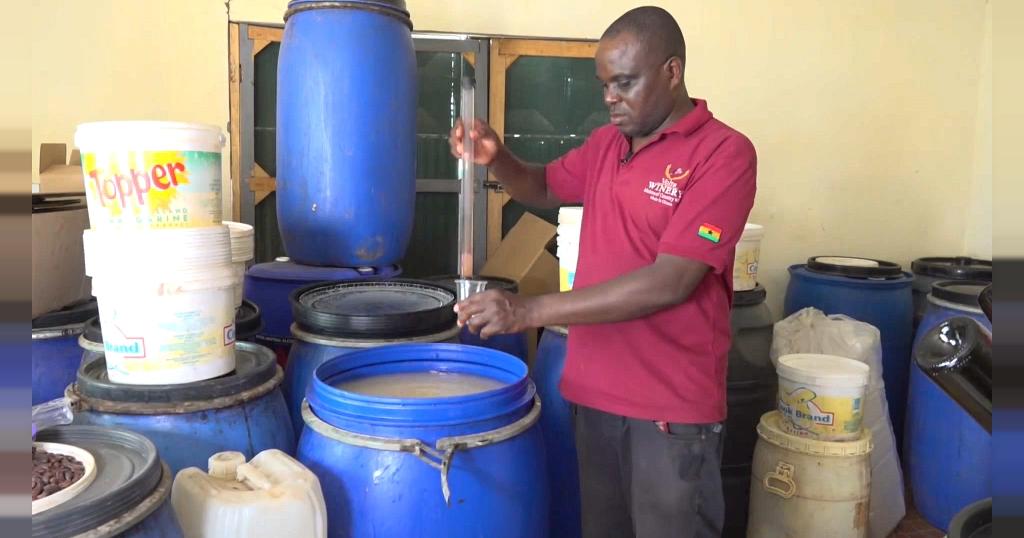Why teenage pregnancies in Kenya are on the rise
By: Judith Mutua
Posted on Monday, July 6, 2020

Amid the Covid-19 pandemic, the Kenyan nation was shocked by the recent statistical data that projected the huge number of teenagers impregnated in a few months’ time. A new report shows that one in five girls aged between 15 and 19 in Kenya is either pregnant or has given birth already. The latest survey by the National Council on Population and Development revealed.
In Machakos County alone,4000 girls were registered in and out of antenatal clinics between January and May 2020. These figures exclude the other 46 counties in Kenya in which the number of pregnancies could be in its thousands.
Since containment measures in Kenya were put in place, many school-going teenagers at home are under the care of their parents or guardians. This means they have more time in their hands to engage in various activities other than education. The big question is, why is the number of pregnancies overly increasing, and who is to blame?
The factors associated with teenage pregnancies in the country include; lower education level, peer pressure, lack of sex education, poor parental guidance, being orphaned, access to social media, poverty, and social environment-related factors including early marriages and sexual exploitation.
The huge figures of pregnant teenagers as of 2020, sparked a debate online with parents blaming each other and it showed that no one wanted to take accountability for the already existing problem. Factors that have risen the number of underage mothers in Kenya include;

Access to illicit content on social media - In as much, various social media platforms are perfect learning tools, many teens can easily be exposed to pornography and pedophiles who target unsuspecting teens and lure them to sexual gratification. A teen who has little to no knowledge of sex education is likely to give in to the sexual advances of their age mates or mature adults who communicate with them online.
Sexual violence - Many teenage girls and boys are forced into sex unwillingly. Their innocence is often taken away sexually by those close to them mostly through rape, early marriages, and commercial sex exploitation, and this ‘trusted’ people can be a male relative, including biological fathers and stepfathers, teachers, and domestic workers.
Peer pressure - Older teenagers deeply trust their peers and are easily influenced to engage in sexual encounters as a way of matching up with the rest of their sexually active friends. Since the government has issued containment measures to curb the spread of the deadly coronavirus, many teenagers spend a lot of time together and they could easily experiment with each other sexually and fall victim to pregnancy.
Transactional sex - Transactional sexual encounters are established when gifts, money, or services are given in exchange for sexual favors. Through this, a portion of the desperate teenager’s needs is met by providing sex. Factors like poverty, lack of parental care, and lack of income support from parents and guardians may lead innocent underage girls to be forced by circumstances to exchange sex for money and goods.
Absence of parental love and guidance - Teenage girls are the most vulnerable to pregnancy if they have limited, time, love, and guidance from their parents or guardians. Many parents of today are busy managing and balancing their work life and with very busy schedules, they find it difficult to bond and spend ample amounts of time with their teen daughters. Lack of a stable family or home pushes the girls to look for security elsewhere and in turn, they get lured into relationships that have downgrading effects on their lives.
Lack of sexual education - Lack of comprehensive sex education fails to ensure a healthy sexual and reproductive lives for adolescents. Sex education should include accurate information on a range of age-appropriate topics like fostering knowledge and attitudes, values, and skills to enable teenagers to develop a detailed understanding of sexual responsibility and safety.
Teenagers who have also encountered forms of sexual assault like rape often keep quiet and suffer in silence to avoid stigma and harsh judgment from those around them. Moral and emotional support is therefore important.







